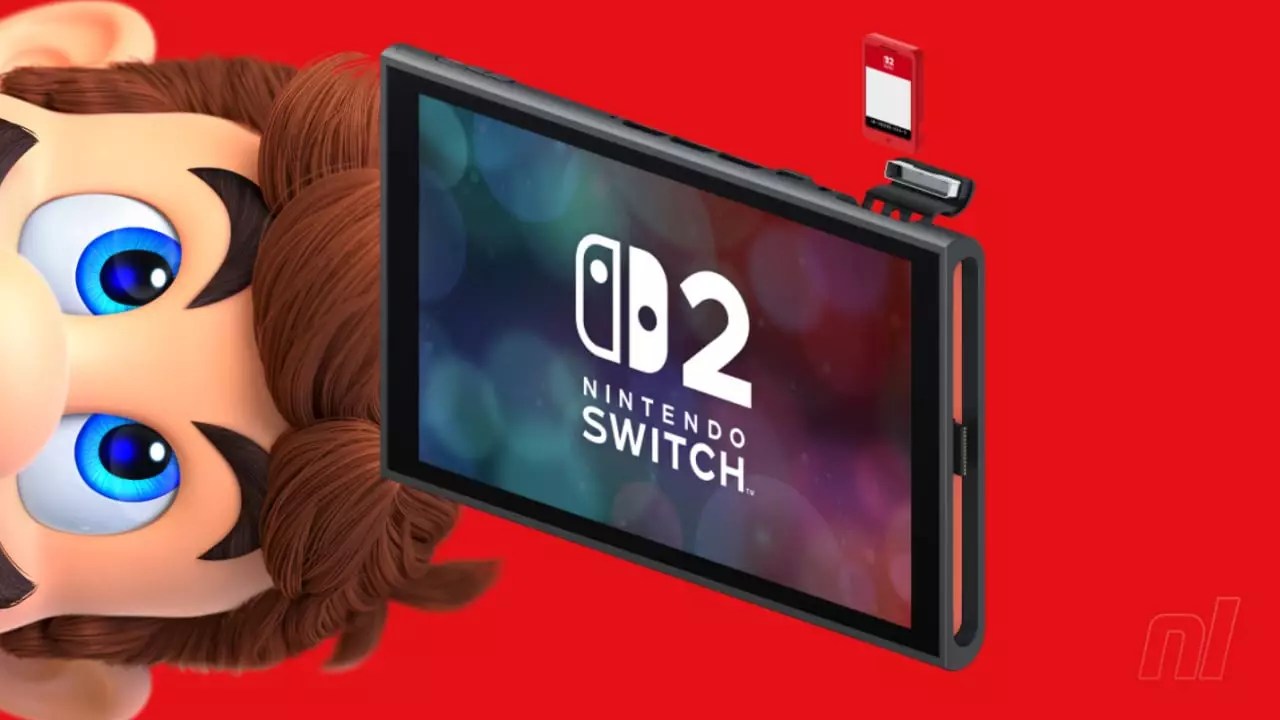In a move that has left gamers scratching their heads, Nintendo has introduced a new purchase method dubbed “Game-Key Cards” for the upcoming Switch 2. The premise sounds convenient at first: buy a physical card that serves as a key to unlock a digital game download directly to your console. However, when you peel back the layers, it becomes questionable whether this innovation genuinely benefits gamers or if it merely complicates ownership further.
The Concept Unraveled: What Are Game-Key Cards?
To put it simply, Game-Key Cards are an amalgamation of the traditional cartridge format and digital downloads. Marketed as a physical medium, these cards will not contain the complete game data. Instead, they act solely as a gateway to access the game online, effectively transforming what once was an authentic physical game into a mere access key for digital content. This transition not only raises eyebrows but also sparks debates regarding ownership rights in an increasingly digital landscape.
Imagine purchasing a physical card only to discover it doesn’t deliver the full experience instantly. While some manufacturers, including Nintendo, have previously released titles that necessitate downloading substantial patches post-purchase, the Game-Key Card concept amplifies this trend to an even more perplexing degree. By stripping physical media of its inherent value—the ability to own and access the complete game at your convenience—Nintendo appears to be leaning into a model that is more about managing space than enhancing the gaming experience.
Navigating the Ownership Paradox
For die-hard physical game fans, Game-Key Cards could feel like a betrayal. Collecting physical copies is not merely about owning the game but also possessing a tangible part of gaming culture—artwork, packaging, and the nostalgia that comes with them. The decision to use a card that doesn’t house the full game raises questions about what it truly means to own a game in this format.
Moreover, the fact that players must still maintain adequate storage space on their Nintendo Switch 2 systems introduces an additional layer of frustration. Imagine eagerly buying a game, getting home to insert your new card only to be met with a download prompt that requires clearing up significant storage or investing in additional microSD cards. This experience feels more akin to being a digital consumer loaded with unnecessary burdens rather than an excited owner unwrapping a new physical product.
A Costly Compromise for Developers and Gamers Alike
One possible silver lining, though it’s tainted with skepticism, is that this model could help third-party developers save costs. Developers may avoid the financial burden that comes with producing standard-sized cartridges by opting for this “key” method. However, if this becomes the new norm, it may set a worrying precedent. Will more companies jump on the bandwagon, exacerbating the trend where digital codes in boxes become the standard for physical releases?
In the fray of embracing digital innovations, Nintendo also risks alienating its longtime fans. Loyalists who appreciate the authenticity of a physical game may feel forced into this hybrid model, which commodifies the gaming experience and shifts it toward online ecosystems—an environment that often feels less personal. The incorporation of Game-Key Cards could end up diluting the nostalgic value associated with just slotting a cartridge and starting a game.
Is There a Silver Lining? Potential Use Cases
While the initial impression of Game-Key Cards is predominantly negative, one could ponder if there are potential use cases that haven’t been fully explored. For example, if the storage need diminishes when using these cards—perhaps the Game-Key Cards contain partial game data—this model could set a foundation for expansive, ongoing game experiences. Installations could become smoother, with games continuously evolving online while maintaining a physical element.
Nevertheless, the merits of this approach must be weighed against the significant backlash likely to ensue from resentful consumers. Rather than applauding an innovative accessory for the new console, gamers might perceive Game-Key Cards as an unwelcome reminder of gaming’s ongoing shift toward digital dependency without genuine ownership.
In a landscape yearning for trust and authenticity, Nintendo seems to walk a tightrope between innovation and regression with the introduction of Game-Key Cards. The community undoubtedly craves more clarity on what this innovative step truly entails and how it affects both casual players and dedicated fans. As gamers continue to voice their concerns, it’s essential for companies like Nintendo to listen and adapt, considering the balance of nostalgia and forward motion in a rapidly changing industry.


Leave a Reply